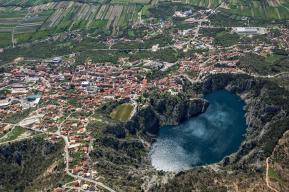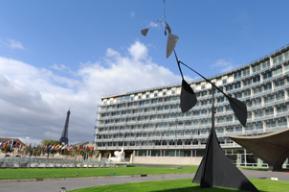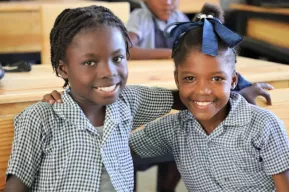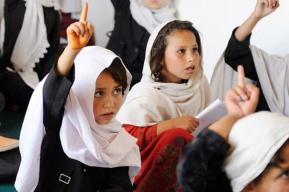News
Q&A with the Minister of Education of Portugal on the evolving right to education
UNESCO asked five questions to H.E Mr João Miguel Marques da Costa, Minister of Education of Portugal, on how rights are adapting as education evolves and transforms.
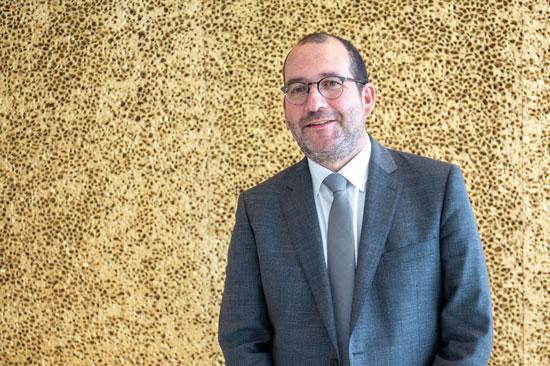
What is your vision of transforming education?
Transformation is not a goal by itself. We need to transform in the light of new and old challenges. It is very clear that basic access to education is not yet attained in many countries and parts of the world, that girls are left behind, that levels of literacy are not yet sufficient. The pandemic accelerated this state of affairs. Some of these challenges are very old, and require continued investment.
The rapid evolution of technology and AI is another important challenge. Technology is part of our lives, but the healthy relation with it is a major goal of education systems. This requires intentionality in the integration of technology, the development of competences that have never been so urgent, such as the ability to navigate safely through the avalanche of information, to think critically and creatively. The role of what is specifically human, the arts, humanities, the ability to wonder and to be awed, the sports and their inclusive nature implies the right balance in curriculum design, so that it is an opportunity for human development, cultural progress at the same time education prepares for the future.
How is the right to education evolving?
The evolution in positive, but access to education is still to be achieved in many parts of the world, and the exclusion of groups, ethnic communities, girls, is still a major challenge. The pandemic was a big throwback in the evolution of the right to education. At the same time, we have to focus on the quality of education systems, that is, access must lead to success.
What are the key challenges to education today?
I think the Transforming Education Summit formulated the essential challenges in a very clear way: achieving equity through more inclusive education systems; solving the global problem of teacher shortage; navigating through the digital revolution; providing better citizenship and avoiding democratic backsliding through education.
What are the key opportunities in education today?
The fact that the key challenges are global provides a unique opportunity for the sharing of solutions, best practises and for a global commitment with the centrality of education.
What is your message to teachers and learners?
You are co-dependent. Better education depends on cooperation, shared effort, and empathy. There are no “impossibles” in education. This history of democracy is the history of inclusion, and education is not about individual merit, but about a collaborative process to take all of us further.


